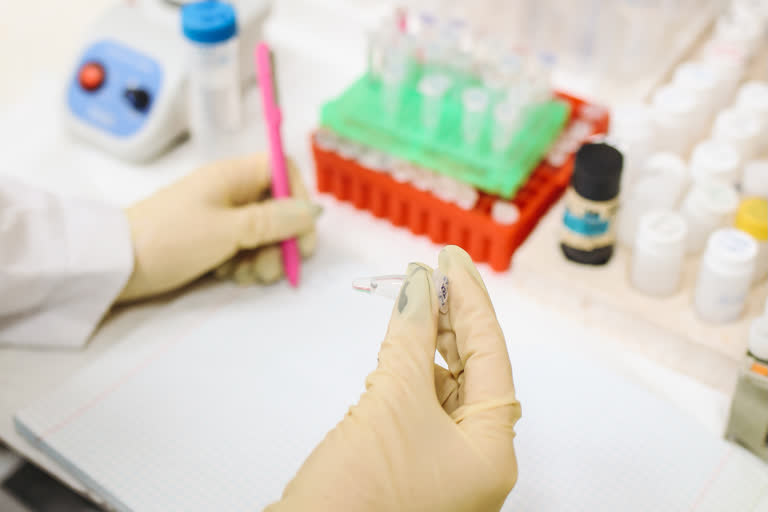New York: A team of researchers at the Icahn School of Medicine at Mount Sinai, in collaboration with GenScript, is developing a synthetic antibody to SARS-CoV-2, the virus that causes COVID-19, an official release stated on Thursday.
The release said that the antibody, that can be seen as a potential treatment option for COVID-19, is designed to block the virus from entering human lung cells.
The antibody is intended to prevent to prevent the virus' initial attachment and entry into human cells. It could then be administered to COVID-19 patients in order to stop the virus from infecting additional cells.
This treatment is similar to the ones that doctors across the globe are already following in the form of convalescent plasma therapy, with the help of natural antibodies harvested from people who have survived COVID-19.
"Given that convalescent plasma is showing promise and potential in treating this novel virus, the same strategy should be adopted for treatment in sick patients by creating a targeted antibody, which we hope will have the ability to disengage and block COVID-19 from entering our cells. Having experience with antibody development, my lab has embarked on this task together with the generous support of GenScript," Dr. Zaidi, who is leading the efforts, was quoted by the release.
Zaidi further informed that though it is hard to project the time-frame required for developing the targeted antibody for human trials, the team is aiming to achieve it within the next 12 months.
Read: Chimp adenovirus MERS-CoV vaccine protects monkeys, study finds



